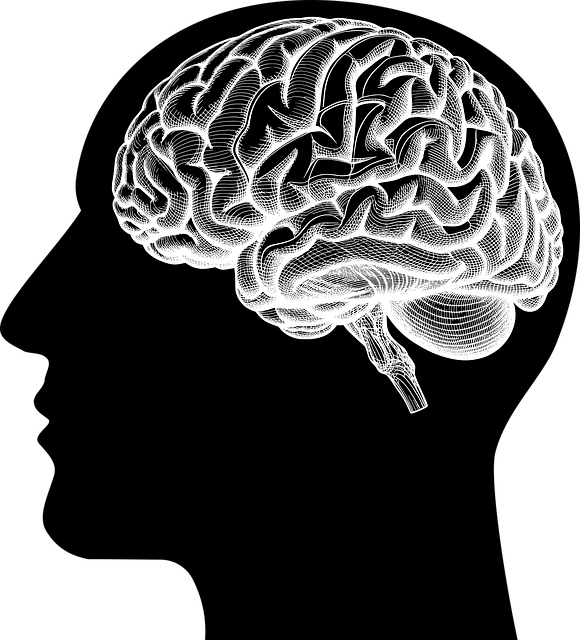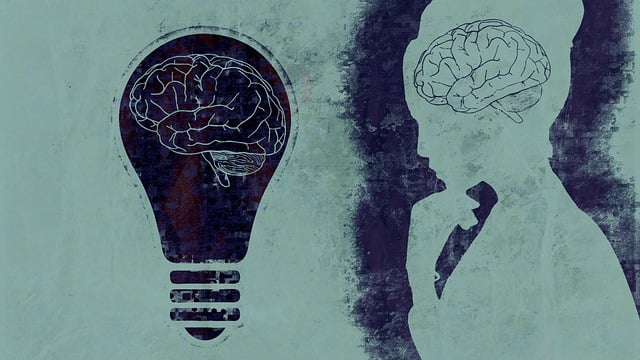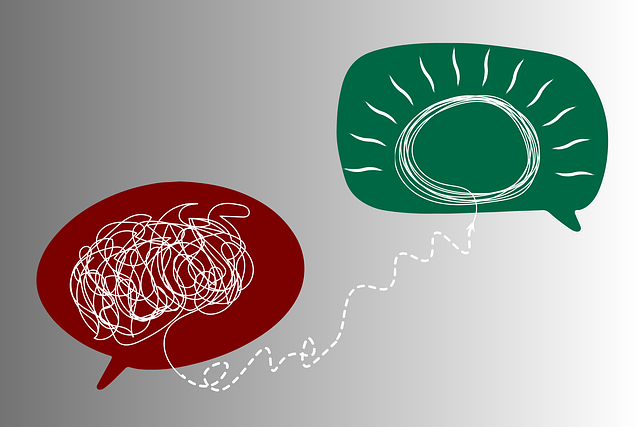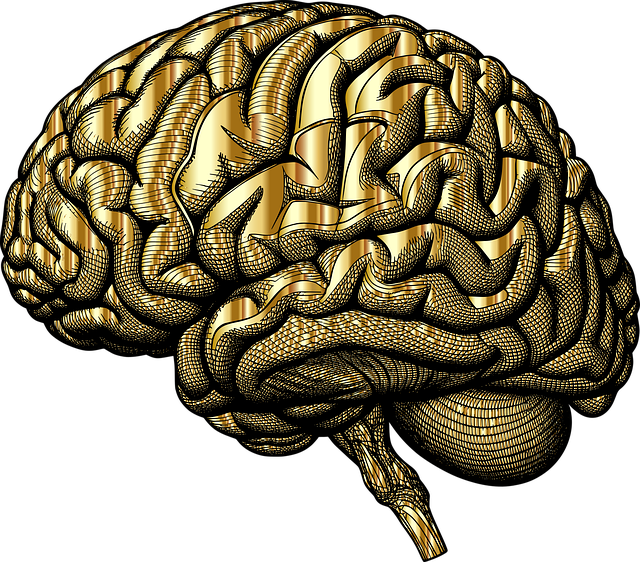Providing trauma support services to individuals with a Mandarin Chinese speaking background requires cultural considerations, including proficiency in Mandarin among therapists and incorporation of cultural elements into workshops. Language barriers and culturally insensitive settings can foster distrust and impede effective treatment, highlighting the need for specialized therapy services that embrace cultural nuances. Community and family networks play a vital role in trauma healing, offering support and understanding that enhances therapy outcomes. Establishing a robust network of specialized resources, including trained professionals and accessible platforms, is crucial for empowering and safely guiding Mandarin-speaking individuals through their recovery journeys.
Trauma support services play a vital role in healing and recovery, but providing culturally sensitive care is essential. This article explores key aspects of trauma support for Mandarin Chinese speakers, delving into cultural considerations, accessible therapy options, and the power of community. We discuss adapting services to meet unique needs, building networks of resources, and emphasizing the importance of family involvement. By understanding these factors, we can create a comprehensive network that effectively supports Mandarin Chinese individuals navigating trauma and promotes healing.
- Understanding Cultural Considerations in Trauma Support
- Accessing and Adapting Therapy Services for Mandarin Chinese Speakers
- The Role of Community and Family in Trauma Healing
- Building a Comprehensive Network of Mandarin-Speaking Trauma Support Resources
Understanding Cultural Considerations in Trauma Support

In providing trauma support services, it’s crucial to understand cultural considerations, especially when catering to diverse communities like those with a Mandarin Chinese speaking background. Cultural context plays a significant role in how individuals process and express trauma, influencing their preferences for support mechanisms. For instance, some cultures may favor group therapy sessions over individual counseling due to collective values and the importance of community support.
When offering therapy for Mandarin Chinese speaking individuals, it’s essential to have professionals who are culturally sensitive and proficient in the language. This removes barriers to access and creates a safe, inclusive environment. Moreover, incorporating cultural elements into stress management workshops or mental health awareness campaigns can enhance engagement and effectiveness. Organizations like the Stress Management Workshops Organization recognize this need for tailored interventions, aligning with the broader goal of Mental Health Policy Analysis and Advocacy to address diverse communities’ unique challenges, including depression prevention.
Accessing and Adapting Therapy Services for Mandarin Chinese Speakers

For Mandarin Chinese speakers seeking therapy services, overcoming language barriers is a significant initial step. Accessing culturally sensitive care is crucial for building trust and ensuring effective treatment. Many traditional therapy settings may not cater to this specific community, leaving individuals who primarily speak Mandarin feeling excluded or miscommunicate their needs. This gap highlights the need for specialized services that understand cultural nuances and can provide tailored support.
Adaptations in therapy delivery are essential to meeting the unique requirements of Mandarin Chinese speakers. Therapists should consider incorporating culturally relevant materials, such as translating common therapeutic exercises or using visual aids, to facilitate better understanding. Additionally, offering services through both spoken and written Mandarin, along with English, ensures clarity and inclusivity. Integrating stress management techniques, mental health education programs designed specifically for this demographic, and crisis intervention guidance can empower Mandarin Chinese speakers to navigate their mental health journeys effectively.
The Role of Community and Family in Trauma Healing

In the context of trauma healing, community and family play a pivotal role, especially for Mandarin Chinese speaking individuals seeking therapy. Cultural identity and social connections are integral aspects of an individual’s well-being, and these networks can significantly enhance or support the therapeutic process. The sense of belonging and understanding provided by family and community members create a safe space for sharing experiences and emotions, which is crucial in trauma recovery. This mutual support system encourages open communication, fostering an environment conducive to positive thinking and stress management—essential tools in preventing burnout, a common consequence of traumatic events.
Furthermore, community-based interventions can offer unique advantages by incorporating cultural practices that promote healing. Mandarin Chinese speaking communities may benefit from therapeutic approaches that respect their traditions and values, thereby encouraging participants to draw upon their inherent resilience and strengths. This tailored approach not only enhances the effectiveness of trauma support services but also ensures that individuals receive care that resonates with their cultural background, ultimately contributing to more successful recovery outcomes.
Building a Comprehensive Network of Mandarin-Speaking Trauma Support Resources

In addressing trauma within the Mandarin-speaking community, establishing a robust network of specialized resources is paramount. This involves cultivating a diverse range of support systems that cater to the unique cultural and linguistic needs of individuals seeking therapy for Mandarin Chinese speaking communities. The foundation lies in training and accrediting professionals who possess a deep understanding of both Mandarin language proficiency and trauma-informed care practices.
Through community partnerships, workshops, and accessible online platforms, self-awareness exercises and positive thinking techniques can be effectively integrated into the emotional healing processes. By making these resources readily available, individuals can receive tailored support, fostering a sense of safety and empowerment as they navigate their recovery journeys.
In addressing trauma support services, especially for Mandarin Chinese speaking communities, it’s clear that culturally sensitive approaches and specialized resources are essential. Understanding cultural nuances, adapting therapy services tailored to Mandarin speakers’ needs, leveraging community and family support, and building a robust network of Mandarin-speaking trauma resources significantly enhance healing outcomes. By integrating these strategies, we can ensure effective care and create inclusive environments that cater to the unique requirements of this demographic, ultimately fostering resilience and recovery.









